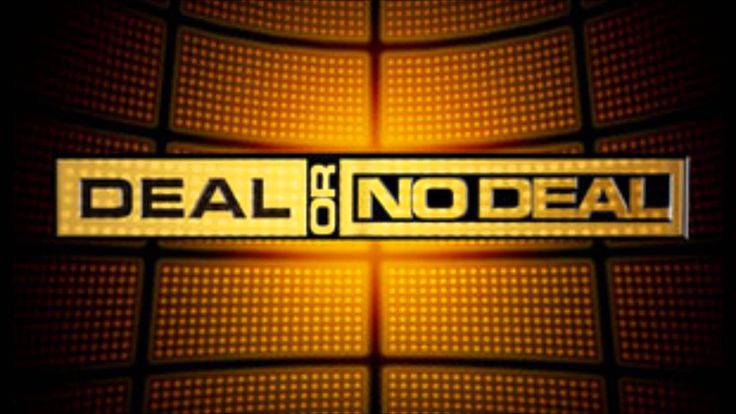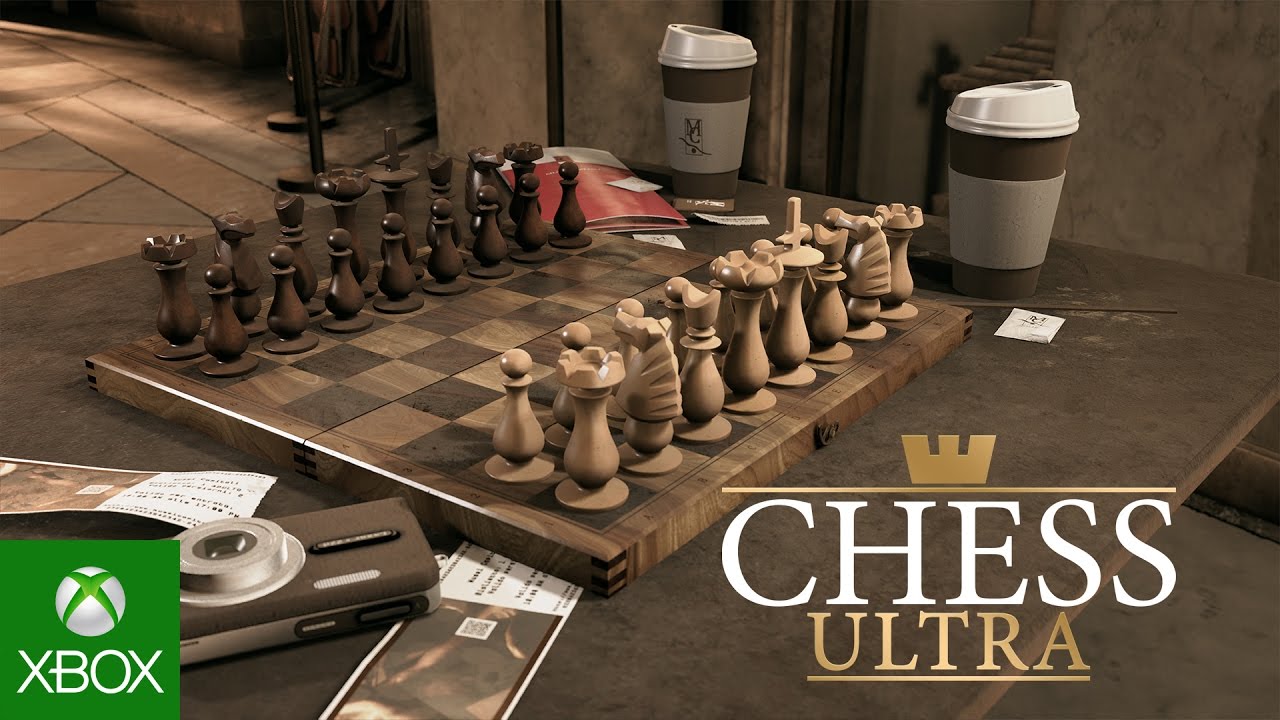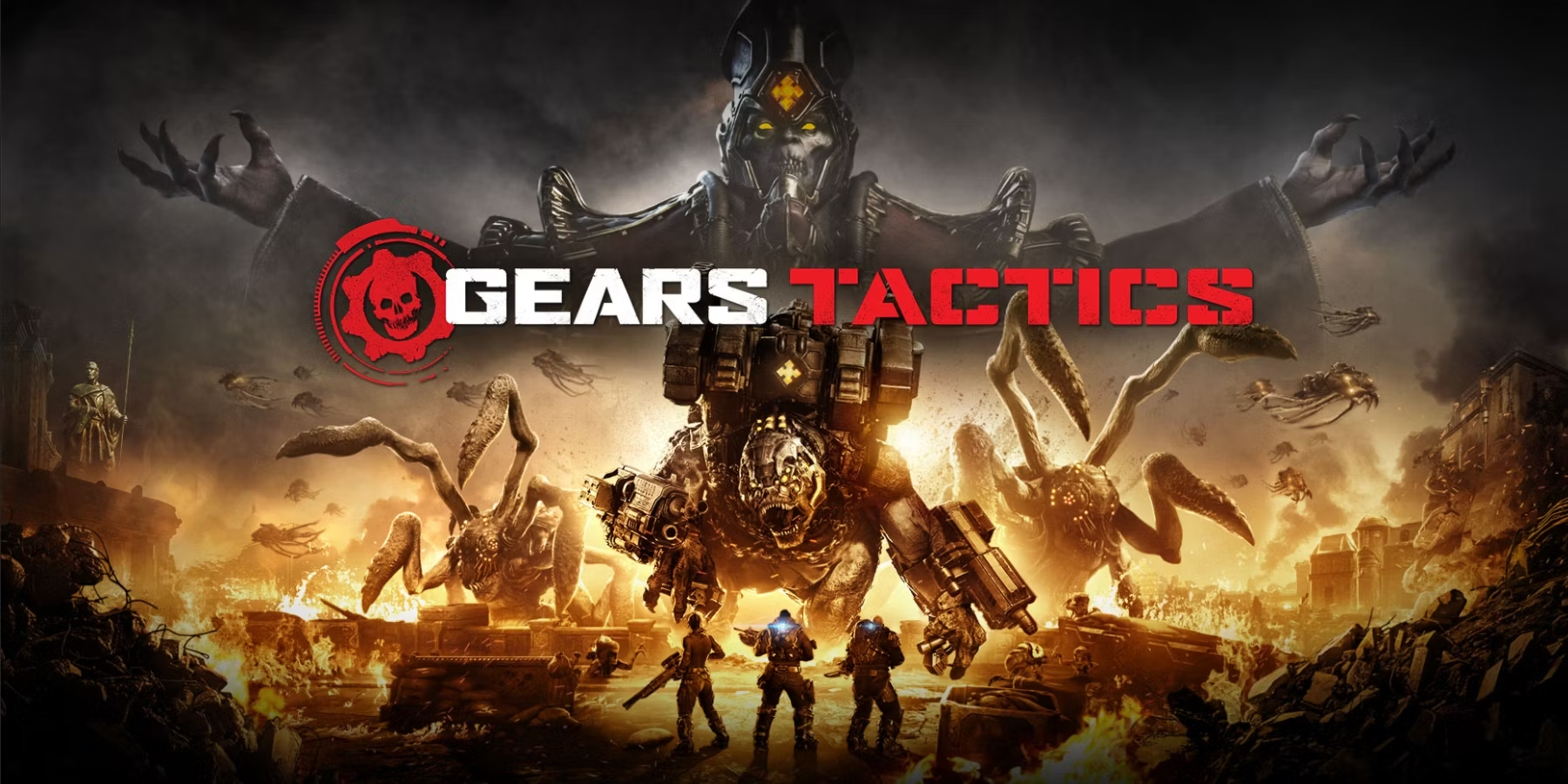Introduction to Deal or No Deal
What is Deal or No Deal?
“Deal or No Deal” is a game show that first premiered in the Netherlands in 2002, created by John de Mol. It quickly gained international popularity, leading to various adaptations in countries like the United States, the United Kingdom, and Australia. The show is known for its high stakes and suspenseful format, where contestants choose from sealed briefcases containing different cash amounts and must decide whether to accept the banker’s offer or continue playing in hopes of securing a higher prize.
The Global Phenomenon of Deal or No Deal
Since its inception, “Deal or No Deal” has become a global phenomenon, with localized versions airing in over 50 countries. The show’s success can be attributed to its universal appeal, engaging format, and the psychological tension that keeps viewers on the edge of their seats. The international versions maintain the core gameplay mechanics while incorporating cultural nuances that resonate with local audiences.
Gameplay Mechanics and Features
How to Play Deal or No Deal
The gameplay of “Deal or No Deal” revolves around chance and strategy:
- The Briefcases: At the start of the game, a contestant is presented with 26 (or sometimes fewer, depending on the version) numbered briefcases, each containing a different amount of money ranging from a small amount to the top prize.
- Choosing a Briefcase: The contestant selects one briefcase to keep, believing it holds the top prize. The contestant then opens the remaining briefcases one by one, revealing the amounts inside.
- The Banker’s Offer: After a certain number of briefcases are opened, the “Banker” makes an offer to buy the contestant’s chosen briefcase. The contestant must decide whether to accept the offer (“Deal”) or continue opening briefcases (“No Deal”).
- Final Decision: If the contestant refuses all offers and opens all the briefcases, they win the amount in their chosen briefcase. The game ends when the contestant either accepts the Banker’s deal or reveals the final prize.
The Role of Strategy in Deal or No Deal
While “Deal or No Deal” is largely a game of chance, strategy plays a significant role:
- Risk Management: Contestants must weigh the potential rewards of continuing the game against the certainty of accepting a Banker’s offer. This involves assessing the remaining cash amounts in the unopened briefcases.
- Psychological Tactics: The Banker uses psychological tactics to influence the contestant’s decisions, making offers that are sometimes difficult to refuse. Contestants must remain level-headed and stick to their strategy.
Visual and Audio Design
“Deal or No Deal” is known for its slick production values:
- Set Design: The set of “Deal or No Deal” is iconic, with a modern, sleek design that features the 26 briefcases prominently displayed. The use of lighting and dramatic music adds to the tension and excitement of the show.
- Host and Banker: The host plays a crucial role in guiding the contestant and engaging the audience, while the Banker, who remains unseen, adds an air of mystery. The interplay between the host, contestant, and Banker is central to the show’s dynamic.
Reviews and Reception of Deal or No Deal
Critical Reception
“Deal or No Deal” has received a mix of praise and criticism over the years:
- Positive Aspects:
- Engaging Format: Critics have praised the show for its simple yet captivating format, which appeals to a broad audience. The suspenseful decision-making process keeps viewers hooked.
- Universal Appeal: The show’s format translates well across different cultures, contributing to its global success.
- High Production Values: The slick set design, dramatic music, and charismatic hosts contribute to the show’s high production quality.
- Negative Aspects:
- Repetitiveness: Some critics argue that the game can become repetitive, with little variation in the gameplay from episode to episode.
- Lack of Skill: Unlike other game shows that require knowledge or skill, “Deal or No Deal” is primarily based on luck, which can be a drawback for some viewers seeking more intellectually stimulating content.
- Manipulation Tactics: The Banker’s psychological tactics, while entertaining, have been criticized for potentially taking advantage of contestants’ emotions and decision-making under pressure.
User Feedback
Audience feedback for “Deal or No Deal” has generally been positive:
- Positive User Reviews:
- Entertainment Value: Viewers enjoy the show’s entertainment value, particularly the tension that builds as contestants make their decisions.
- Relatable Contestants: The show features everyday people as contestants, which helps viewers relate to the participants and invest in their success.
- Interactive Experience: Many viewers appreciate the interactive aspect of the show, where they can play along at home, guessing whether the contestant should take the deal or continue playing.
- Negative User Reviews:
- Predictability: Some viewers find the show predictable after watching several episodes, as the format rarely changes.
- Frustration with Decisions: Viewers sometimes express frustration when contestants make what they perceive as poor decisions, leading to losses.
Deal or No Deal in Popular Culture
The Impact of Deal or No Deal on Television
“Deal or No Deal” has had a significant impact on the television landscape:
- Influence on Game Shows: The success of “Deal or No Deal” has inspired other game shows to incorporate elements of luck and psychological decision-making into their formats.
- Cultural References: The show’s format and catchphrases, such as “Deal or No Deal?” have become ingrained in popular culture, often referenced in other TV shows, movies, and even in casual conversation.
- Celebrity Appearances: Various versions of the show have featured celebrity contestants or special editions, further cementing its place in pop culture.
Adaptations and Spin-Offs
The popularity of “Deal or No Deal” has led to numerous adaptations and spin-offs:
- International Versions: As mentioned earlier, “Deal or No Deal” has been adapted in over 50 countries, each with its own unique twist on the format.
- Video Games: The show has been adapted into several video games for consoles, PC, and mobile devices. These games allow players to experience the thrill of “Deal or No Deal” from the comfort of their homes.
- Special Editions: Various special editions of the show, including holiday-themed episodes and charity events, have been produced to keep the format fresh and engaging.
Frequently Asked Questions (FAQ) About Deal or No Deal
How do contestants get selected for Deal or No Deal?
Contestants for “Deal or No Deal” are typically selected through a casting process, which may include interviews, auditions, and sometimes even an application process. Producers look for contestants who are energetic, have a compelling personal story, and can handle the pressure of being on the show.
What are the odds of winning the top prize on Deal or No Deal?
The odds of winning the top prize on “Deal or No Deal” depend on the number of briefcases in play. For example, with 26 briefcases, the odds are 1 in 26 (approximately 3.85%) at the start of the game. However, these odds change as more briefcases are opened and the number of remaining cases decreases.
How much money can you win on Deal or No Deal?
The maximum prize on “Deal or No Deal” varies by country and version. In the U.S. version, the top prize is typically $1,000,000. However, this amount can differ in international versions, with some offering higher or lower top prizes.
Has anyone ever won the top prize on Deal or No Deal?
Yes, there have been several instances where contestants have won the top prize on “Deal or No Deal.” These moments are often celebrated as significant achievements on the show, with the contestants’ reactions becoming iconic in the series’ history.
Is Deal or No Deal rigged?
There is no evidence to suggest that “Deal or No Deal” is rigged. The game relies on luck and chance, and the outcomes are determined by the contestant’s decisions and the random distribution of cash amounts in the briefcases. The Banker’s offers are designed to add tension and challenge the contestant’s decision-making but are not manipulated to favor or disadvantage the contestant unfairly.
What happens if the contestant rejects all deals?
If a contestant rejects all of the Banker’s offers, they continue to play until all briefcases except their chosen one have been opened. The contestant then wins the amount of money contained in their chosen briefcase, whether it’s a large prize or a small one.
Can contestants negotiate with the Banker?
While the Banker’s offers are typically non-negotiable, contestants have been known to try and influence the Banker’s decisions by making pleas or sharing their personal stories. However, the final offer is always at the discretion of the Banker, and contestants must decide whether to accept or reject it.
How does the Banker decide on the offers?
The Banker’s offers are based on several factors, including the remaining amounts in the briefcases, the contestant’s demeanor, and psychological tactics. The offers are designed to tempt the contestant into making a deal,
but they also reflect the potential risk the contestant faces if they continue playing.
Are the briefcase amounts randomly assigned?
Yes, the amounts in the briefcases are randomly assigned at the start of each game. The distribution process is overseen by independent auditors to ensure fairness and transparency.
Can you play Deal or No Deal online or in video games?
Yes, “Deal or No Deal” has been adapted into various online and video game versions. These games replicate the experience of the TV show, allowing players to choose briefcases, receive Banker’s offers, and make decisions just like on the show. Some versions also include multiplayer modes, where players can compete against others.
Conclusion: The Enduring Legacy of Deal or No Deal
“Deal or No Deal” remains one of the most iconic game shows in television history. Its unique blend of luck, strategy, and psychological tension has captivated audiences for over two decades. Whether you’re a longtime fan or new to the show, “Deal or No Deal” offers a thrilling experience that continues to resonate with viewers around the world. With its various adaptations, spin-offs, and enduring presence in popular culture, “Deal or No Deal” has cemented its place as a game show that will be remembered for years to come.



